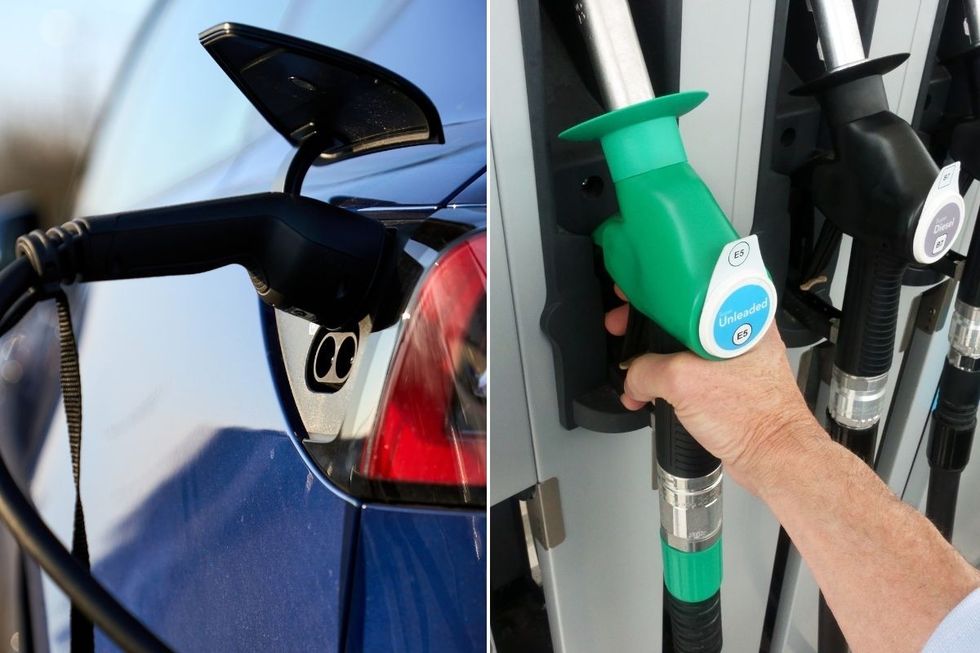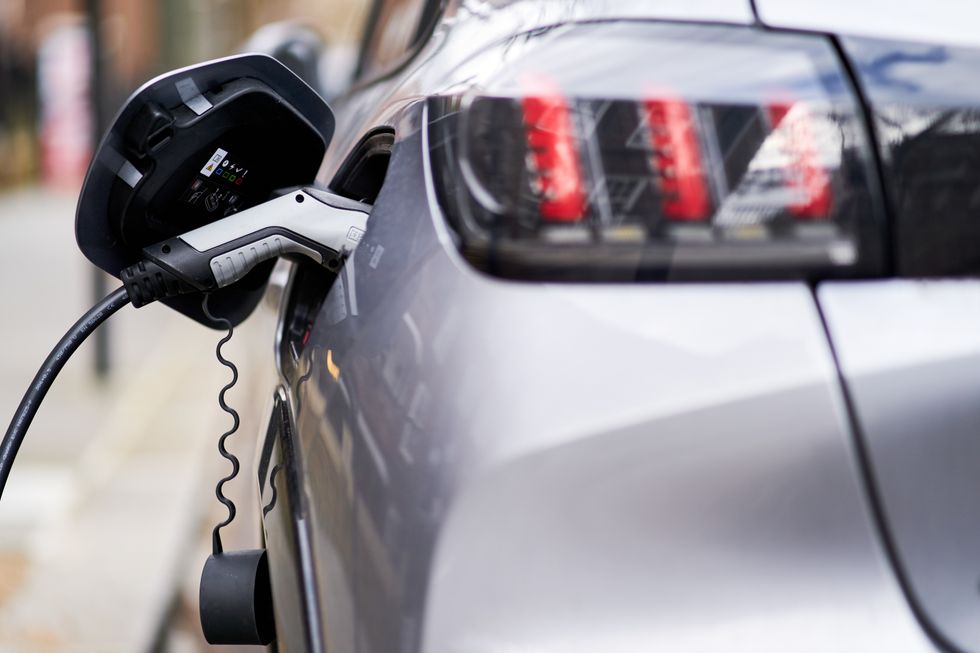Petrol, diesel and electric car drivers issued urgent warning of new HMRC costs launching this week

The new HMRC changes will be rolled out on Sunday, December 1
Don't Miss
Most Read
Latest
British drivers are being warned about new changes to rates launching in the coming days which could impact their finances.
Earlier today, HM Revenue and Customs released the new advisory fuel rates which are set to be rolled out on Sunday, December 1.
The rates are reviewed four times per year and are used when reimbursing employees for business travel in their company cars or when employees need to repay the cost of fuel used for private travel.
The advisory fuel rates for petrol and diesel company cars have all fallen compared to the current rates, which were announced at the start of September.
Do you have a story you'd like to share? Get in touch by emailing motoring@gbnews.uk

Drivers are being urged to ensure they are aware of the new changes launching on Sunday
|PA/GETTY
Guidance from the HMRC shows that rates are rounded up or down based on the price it costs to drive one mile on average.
Rates have fallen slightly since the start of the year, with drivers not having to pay as much to use their company vehicles.
GB News has rounded up the most important changes for petrol, diesel and electric vehicle drivers that are being introduced next week.
Advisory fuel rates from December 1, 2024
Petrol
Engines up to 1,400cc - Reduced to 12p
Between 1,401cc and 2,000cc - Reduced to 14p
Over 2,000cc - Reduced to 23p
Diesel
Engines up to 1,600cc - Reduced to 11p
Between 1,601cc and 2,000cc - Reduced to 13p
Over 2,000cc - Reduced to 17p
READ MORE: Nigel Farage just issued stern warning over China but is it valid?
LPG
Engines up to 1,400cc - Remains at 11p
Between 1,401cc and 2,000cc - Remains at 13p
Over 2,000cc - Remains at 21p
Electric
All EVs - Remains at 7p
Hybrid vehicles are treated as either petrol or diesel cars for the sake of advisory fuel rates.
LATEST DEVELOPMENTS:

New advisory fuel rates will be unveiled next year ahead of the new changes on March 1, 2025
| PAPetrol and diesel rates are measured using data from the Department for Energy Security and Net Zero (DESNZ), while LPG is from the Automobile Association website.
Meanwhile, electric vehicle rates will be based on data from DESNZ, the Office for National Statistics (ONS), car consumption rates from the DfT and annual car sales volumes to businesses.










